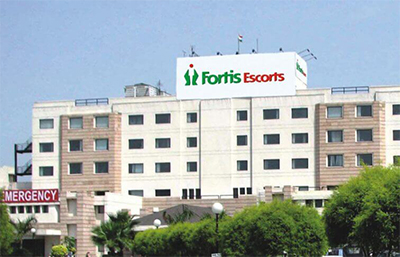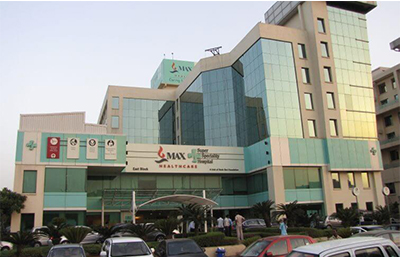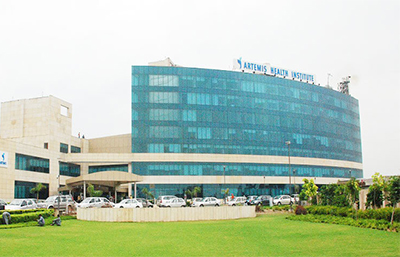Colon and rectum also called large intestine is the last part of gastrointestinal tract. Colorectal cancer is highly curable if detected early and treated appropriately. Colon cancer arises from inner lining of the colon. Most of these start as small mound of flesh called as polyps. Over time some of these polyps develop into colon cancer. Colon cancer and rectal cancer share biology and have similar outcomes, they are discussed together as colorectal cancer.
Colon wall is made of four layers of tissue. Colon cancer begins in the inner most layer, mucus-producing cells that line the colon. It then advances and spreads.
Risk Factors of Colon Cancer
Genetic: some gene mutations run in families and increase the risk of colon cancer. They however, form a small percentage of patients with colon cancer.The most common inherited colon cancer syndromes are:
- Hereditary nonpolyposis colorectal cancer (HNPCC). HNPCC, also called Lynch syndrome, increases the risk of colon cancer and some other cancers. People with HNPCC tend to develop colorectal cancer before age 50.
- Familial adenomatous polyposis (FAP). FAP is a rare disorder that causes you to develop thousands of polyps in the lining of your colon and rectum. People with untreated FAP have a greatly increased risk of developing colorectal cancer before age 40.
Other Risk Factors
- Western diet (high fat and low fibre diet)
- Older age
- History of colorectal polyps
- Family history of colorectal cancer
- Inflammatory conditions of the colon, such as ulcerative colitis and Crohn's disease
- Diabetes and obesity
- Smoking and alcoholism
Diagnosis
Diagnosis of colorectal cancer is established by doing a colonoscopy. It is a procedure in which a flexible thin tube with camera is passed and colon is seen from inside. If any abnormality is seen then a small sample from it is obtained called as biopsy and examined under microscope confirming the diagnosis.
Symptoms of Colon Cancer
These cancers like most other gastrointestinal cancers are asymptomatic in initial stages. The symptoms when occur would include:
- Change in bowel habits; persistent diarrhoea or constipation
- Unexplained fatigue and loss of appetite
- Unintentional weight loss
- Fall in haemoglobin (anemia)
- Pain or discomfort in abdomen
- Patches of dark blood in stool
Depending upon stage and location of tumor, a treatment plan is made. Treatment generally entails a surgical removal of all of the cancer bearing colon and a margin of healthy tissue, along with adjacent lymph nodes. The remaining parts of intestine are then reattached. The surgical procedure broadly called partial colectomy is identified with various names depending on the part of colon resected; right hemicolectomy, left hemicolectomy, sigmoidectomy, transverse colectomy, extended right or left hemicolectomy or anterior resection.
A colectomy can be done in two ways; open and laparoscopic. In open surgery a single long incision is given over the abdomen and surgery is done. In laparoscopic approach the same surgery can be performed with minimally invasive techniques in which special surgical tools are inserted through small holes. This results in faster recovery and reduced pain compared to the conventional open surgery. This requires special expertise and make sure your surgeon is skilled and has done many of these operations.
Sometimes an operation is done to create an opening in the wall of abdomen from a portion of the bowel (ostomy) for the elimination of stool into a bag that fits securely over the opening. This is done if the tumor is very advanced and causing intestinal obstruction (blockage) and the patient is unfit to undergo major surgery or the cancer has spread to other parts of the body.
In cases where the cancer has spread to the few spots in liver or lung, surgery can be used to remove them. This approach helps the patients live longer and provides them a chance to be free of cancer over the long term.
Chemotherapy uses drugs to destroy cancer cells. Chemotherapy for colon cancer is usually given after surgery depending on the final stage in the biopsy report. It is usually administered if the cancer has spread to lymph nodes or has penetrated into outer layers of the intestine. In this way, chemotherapy helps reduce the risk of cancer recurrence and death from cancer. Sometimes chemotherapy may be used before surgery as well, with the goal of shrinking the cancer before an operation.









